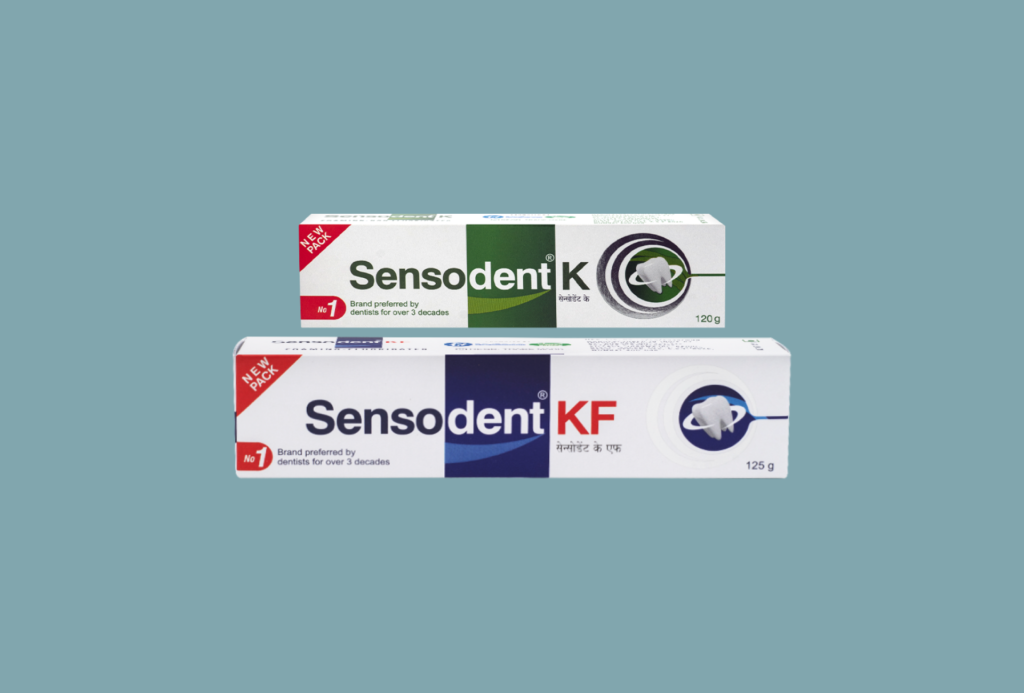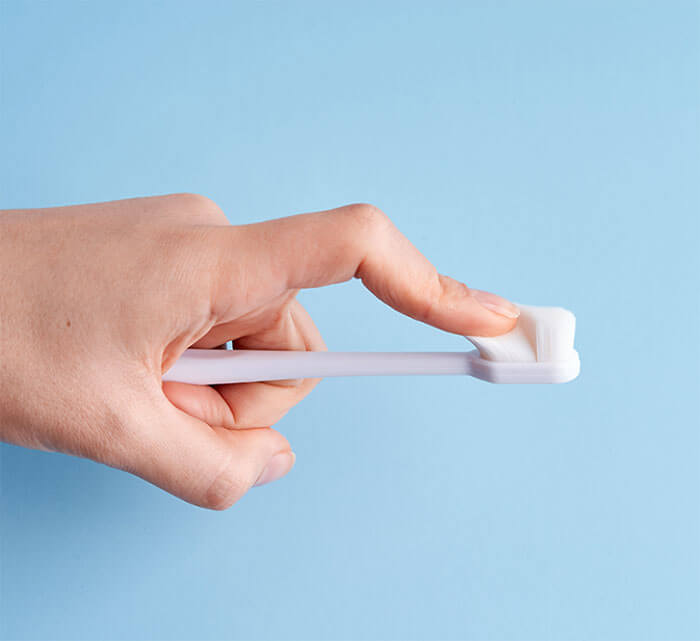HOW TO CHOOSE THE RIGHT TOOTHPASTE FOR SENSITIVE TEETH
HOW TO CHOOSE THE RIGHT TOOTHPASTE FOR SENSITIVE TEETH If you’re experiencing sensitivity in your teeth, it’s crucial to find a toothpaste that caters to your needs. With so many toothpaste options available, it can be challenging to determine the right one for you. But worry not, we’re here to help. This article will guide you in selecting the ideal toothpaste for sensitive teeth. For a pain-free, comfortable smile, Sensodent-KF Toothpaste is an excellent choice. Say goodbye to the discomfort of sensitive teeth and start enjoying your favourite foods and drinks again. This toothpaste is specifically designed for those with sensitive teeth, so you can rest assured that your oral health is in good hands. Purchase this ideal toothpaste for sensitive teeth today and experience the difference for yourself. Is Your Choice of Toothpaste Important? Choosing the right toothpaste is important to maintain good oral hygiene, especially if you suffer from sensitive teeth. Not all toothpastes for sensitive teeth are created equal, and it’s essential to know that your toothpaste is doing its job effectively. When selecting toothpaste, there are two fundamental things to consider. Firstly, choose a toothpaste that contains active ingredients that can take care of sensitive teeth. These ingredients can reduce sensitivity by blocking nerve signals in the teeth. Secondly, select a toothpaste that is designed specifically for sensitive teeth. Such toothpaste can provide relief from sensitivity and strengthen teeth against cavities and decay. Buy Toothpaste For Sensitive Teeth If you need toothpaste for sensitive teeth, there are great options available. Look for a toothpaste with a unique formula that is gentle on your enamel and designed to alleviate tooth sensitivity. Active ingredients like Potassium Nitrate and Sodium Monofluoro Phosphate can work together to reduce sensitivity and discomfort during brushing. Whether your tooth sensitivity is mild or severe, a toothpaste formulated for sensitive teeth can provide quick and lasting relief. Are You Experiencing Discomfort Due To Tooth Sensitivity? If you’re experiencing ‘Tooth Mei Current’ or tooth sensitivity, it’s time to take action by changing your toothpaste to the one that suits your sensitive teeth. Sensodent-K toothpaste uses Potassium Nitrate and Sodium Monfluoro Phosphate to reduce discomfort while brushing, making it an excellent choice for those with sensitive teeth. Not only that, but it also provides protection against cavities. To prevent further damage, make sure to visit your dentist regularly. Sensodent-KF toothpaste offers quick relief, but a professional can recommend additional treatments to address your sensitivity. So, don’t wait any longer to take care of your oral health, and buy Sensodent-K toothpaste today!







